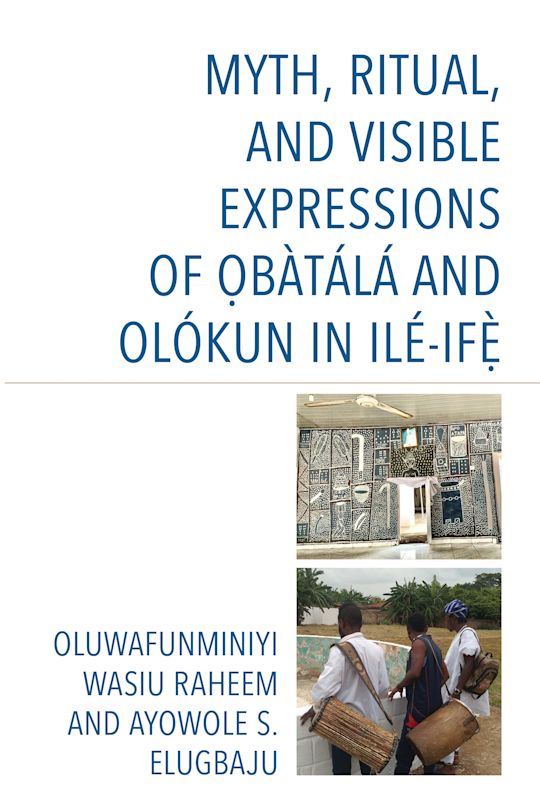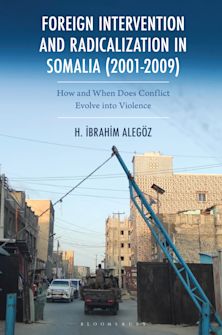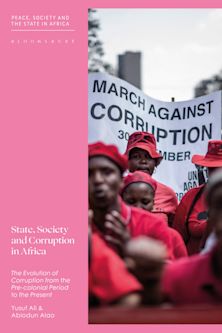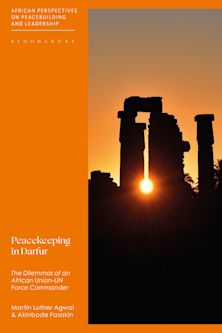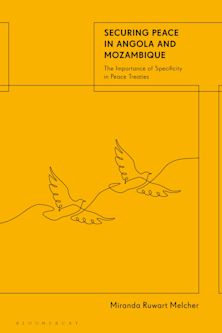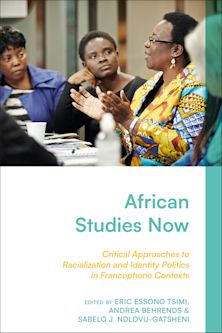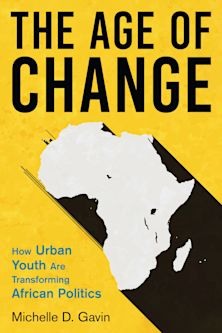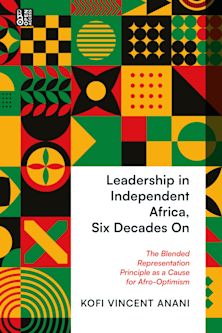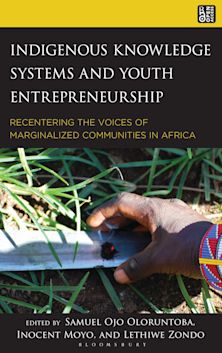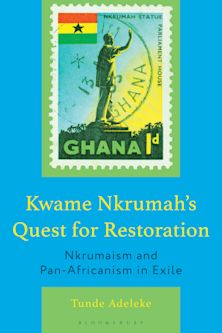Myth, Ritual, and Visible Expressions of Obàtálá and Olókun in Ilé-Ife`
Myth, Ritual, and Visible Expressions of Obàtálá and Olókun in Ilé-Ife`
This product is usually dispatched within 2-4 weeks
- Delivery and returns info
-
Flat rate of $10.00 for shipping anywhere in Australia
Description
In Myth, Ritual, and Visible Expressions of O?bàtálá and Olókun in Ilé-If?`, Oluwafunminiyi Wasiu Raheem and Ayowole S. Elugbaju explore O?bàtálá's (the Yorùbá deity of creation) and Olókun’s (the preeminent owner of the ocean) existence in myth, history, and religion through various facets of pan-human worship, belief, and everyday ritual practices. Raheem and Elugbaju explore Yorùbá history, culture, and religion to provide an extensive analysis of core themes in O?bàtálá’s and Olókun’s stories. They argue for a more complex reading of O?bàtálá beyond the often sustained and single narrative of struggle and defeat as well as a more nuanced reading of Olókun as a holy well beyond its popular exemplification of a female deity of wealth, childbirth, and preeminent owner of the world’s ocean. Drawing from oral accounts, chants, folk songs, praise poems, and verses from the Ifá corpus, the authors provide new insights into the worlds of both deities hitherto missing in the literature.
Table of Contents
List of Tables
Acknowledgments
Part I: Introduction
Introduction
Part II: O?bàtálá, Religio-Mythology Narratives, and Epistemic Nodes
Chapter 1: O?bàtálá in Yorùbá Mythology
Chapter 2: O?bàtálá and the Institution of Kingship in Ilé-If?`
Chapter 3: The Òrìs?à Nlá (O?bàtálá) Festival in Ilé-If?`
Chapter 4: The Òrìs?à Nlá (O?bàtálá) Festival in Throes of Change
Part III: Fluid World, Sacred Manifestation, Therapeutic Landscape and Ritual Encounters
Chapter 5: When the World was Fluid: Olókun, Myth and Sacred Manifestation
Chapter 6: Olókun Sèníadé: The Holy Well of Ilé-If?`
Chapter 7: Olókun Temple: Sacred Landscape of Spiritual Devotion
Chapter 8: Ritual Practices and Sacred Observances to Olókun
Chapter 9: Festival Days of Olókun
Part IV: Epilogue
Chapter 10: O?bàtálá and Olókun: The Gender Dynamics
Bibliography
About the Authors
Product details
| Published | 07 Nov 2024 |
|---|---|
| Format | Hardback |
| Edition | 1st |
| Extent | 276 |
| ISBN | 9781666945355 |
| Imprint | Lexington Books |
| Illustrations | 11 BW Photos, 4 Tables |
| Dimensions | 229 x 152 mm |
| Publisher | Bloomsbury Publishing |
Reviews

ONLINE RESOURCES
Bloomsbury Collections
This book is available on Bloomsbury Collections where your library has access.









